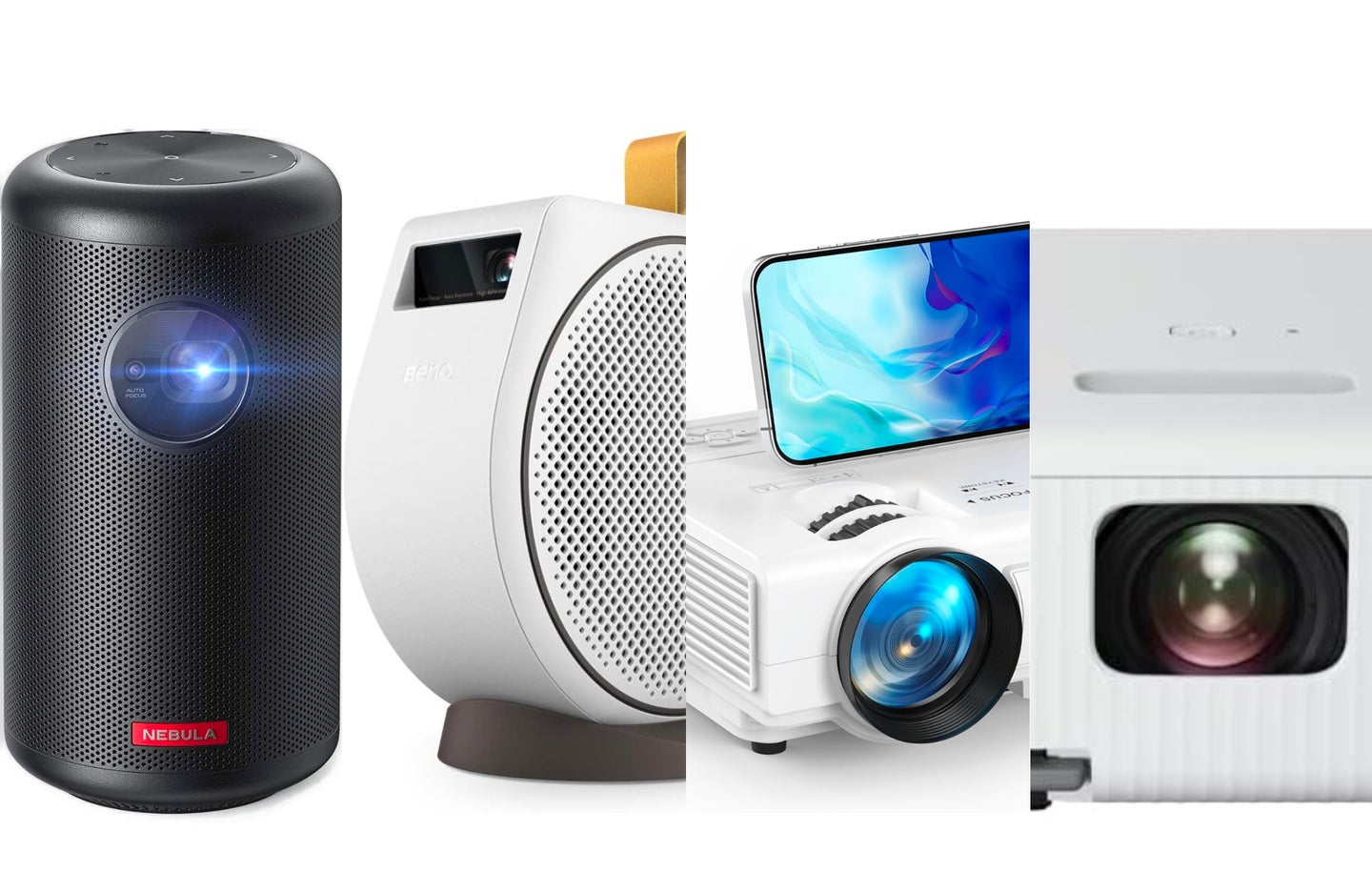
We may earn revenue from the products available on this page and participate in affiliate programs. Learn more ›
Looking around, you can see how we’re using more (and more affordable) projectors in our daily lives than ever before—thanks partly to the increasingly excellent projectors under $500. For example, we see them in many conference rooms for business meetings when we need to connect to our laptops to give a PowerPoint presentation. They’re also in the classrooms, at all levels of education, to show a YouTube project or a slideshow that students created using their smartphone cameras. Of course, we might still use projectors when we have friends and family over to watch the Super Bowl or the Oscars on TV via our streaming service.
What does this mean for consumers? Well, for starters, the projector market is more competitive, which offers more choices of models and better features than ever before. You’ll also see more than a dozen major brands, along with many lesser-known, up-and-coming brands, offering a variety of models in the space. When all those brands compete for the same pool of consumers looking to buy a projector, brands are forced to be on their mark. That’s why you’ll find projectors that are easier to use, last longer, and offer better features and technologies than ever before—which is important if you’re not only thinking about resolution (from HD to 4K) but also about flexible connectivity, both wired (HDMI, USB-C, etc.) and wireless (Wi-Fi, cellular, etc.). And you’ll find all of these factors and more in our selection of the best projectors under $500.
- Best overall: Nebula Capsule Max
- Best splurge: BenQ GV30 Portable Projector
- Best color performance: Epson EpiqVision Flex
- Best for daytime viewing: AuKing Projector with WiFi and Bluetooth
- Best budget: VANKYO Leisure 3
How we chose the best projectors under $500
When considering the best projectors under $500, I relied on my experience as a technology journalist and testing expert who has worked with and consulted many professionals in the TV and AV worlds to find out which ones they prefer. I also read the work of fellow Popular Science writers, as well as that from a variety of trade journals and websites, and I looked through forums, comments, and user reviews to see what typical real-world experiences were like. We obviously focused on the price of the product as well as image quality, but we also considered other important specs and features, such as brightness, color, and contrast, and also what kind of technology was used to generate the image. Size and weight played a role, particularly in units meant to be portable.
The best projectors under $500: Reviews & Recommendations
During the film era of the last century, projectors were a niche product sold to those who could take the time to set it up properly and read through poorly written manuals to understand how to fix it before the hot lamp burned up the movie reel. Even when things went digital about 25 years ago, projectors were either difficult to set up and understand or didn’t offer quality.
Today, much of that has changed, partly because we’re using projectors more than we ever have before, which is, in turn, driving up demand for portable projectors. In fact, according to various market research groups, the global portable projector market, which was valued at $15.6 billion in 2021, is expected to be worth $21.7 billion by 2028. It’s also why you’ll find more models with excellent quality than ever before, including our top five picks for the best projectors under $500.
Best overall: Nebula Capsule Max
Anker
Specs
- Resolution: 1280 x 720p
- Inputs and connectivity: HDMI, USB, Bluetooth, Wi-Fi, Screen Mirroring
- Product dimensions: 1.6 pounds
- Product weight: 3.15 x 3.15 x 5.91 inches
Pros
- Lightweight and compact
- Very portable
- Includes lots of connectivity options
- Rechargable battery
Cons
- 720p resolution might not be detailed enough for some
At first glance, this projector looks very similar to a wireless speaker. However, its first job is to project an image–and it does quite a good job at that, particularly for a budget-priced model. It might not have the highest resolution (just 720p). However, it makes up for that by producing a clear, crisp, and bright picture, which is great for watching movies, playing games, or making presentations.
There are a few other reasons why the Anker Nebula Capsule Max is an excellent choice for a budget-priced projector. For starters, it’s lightweight and very compact, which makes it so portable that you can throw it in your backpack. It comes with a rechargeable battery, for four hours of battery life (in battery mode). That’s great if you don’t have access to a power outlet. Additionally, it comes with great connectivity, both wired and wireless.
Best splurge: BenQ GV30
BenQ
Specs
- Resolution: 1280 x 720p
- Inputs and connectivity: HDMI, USB-C, Wi-Fi
- Product dimensions: 3.53 pounds
- Product weight: 4.7 x 7.7 x 7.3 inches
- Pros
- Produces bright, clear, and sharp images
- Includes 2.1 channel Bluetooth speaker, with extra bass
- Has reliable vibrant color performance
- Portable design
Cons
- 720p resolution might not be detailed enough for some
There’s a lot to like about this inexpensive model from BenQ, which has a long history of making digital projectors (such as our top pick for golfing simulators). It has a very nice portable design, including a handle. The projection has the ability to autofocus. It also has a built-in battery, which is rated for 2.5 hours. And there’s even a vertical keystone adjustment feature to provide a rectangular projection when your projector isn’t perfectly perpendicular to the screen.
Best color performance: Epson EpiqVision Flex
Epson
Specs
- Resolution: 1200 x 800p
- Inputs and connectivity: HDMI, USB
- Product dimensions: 11.6 x 8.3 x 3.4 inches
- Product weight: 5.3 pounds
Pros
- Can project images up to 300 inches
- Uses advanced 3-chip 3LCD technology for excellent color
- Includes a built-in speaker
Cons
- Although it’s technically better resolution than 720p, it’s just 800p, which isn’t as high as 1080p resolution
- No wireless connectivity
Epson has a long history of producing excellent quality digital projectors at many different price points. This one is great for those on a budget. For starters, the color is excellent on this, due to Epson’s advanced 3-chip 3LCD technology for excellent color brightness without any distracting “rainbowing” effects. It’s also able to cast an image up to 300 inches, which is a big image. But it isn’t perfect: For instance, although you can connect via wired connections, such as HDMI and USB, it lacks wireless connectivity.
Best for daytime viewing: AuKing Projector with WiFi and Bluetooth
AuKing
Specs
- Resolution: 1920 x 1080
- Inputs and connectivity: Wi-Fi 6, Bluetooth 5, HDMI, AV, USB
- Product dimensions: 7.6 x 6.2 x 2.7 inches
- Product weight: 3.8 pounds
Pros
- Inexpensive
- Provides you with daytime viewing
- Offers a nice selection of inputs
- Has 1080 full HD resolution
Cons
- Image quality could be better
Although it’s generally ideal to have a dark environment to use a projector, it’s not always possible. For situations when you have to compete with a daylight environment, you’ll want to have a projector that can cast a bright image. What’s nice about this AuKing projector is that it can project a relatively bright image in daylight, although pricier models designed for daylight will do it better. It also has a good selection of wired and wireless connections.
Best budget: VANKYO Leisure 3
VANKYO
Specs
- Resolution: 800 x 480
- Inputs and connectivity: HDMI, VGA, TF, AV, and USB
- Product dimensions: 7.9 x 5.9 x 3.1 inches
- Product weight: 2.1 pounds
Pros
- Very inexpensive
- Includes built-in speaker
- Very good selection of connectivity options
Cons
- Lower resolution than most in its class
- Image is not that bright
This projector is great for those looking for a projector that costs under $200. In fact, we’ve found that this model costs just $68.99. Of course, it may not have a wide array of features that you’ll find on pricier models. But it does come with a nice selection of ways to connect, both wirelessly and wired. It also comes with a built-in speaker and is capable of streaming video via a streaming service. But the downside is that it has lower resolution than most in its class.
What to consider when shopping for the best projectors under $500
When you’re looking to buy a projector, even an inexpensive one, it can be confusing to figure out where to begin. That’s why it’s helpful to know what types of projectors are currently in the marketplace. So, before we examine the important features you’ll find on various projectors, here’s a short list of abbreviations and names of projector types that are currently available:
- LCD: Liquid crystal display projector
- DLP: Digital light processing projector
- LED: Light-emitting diode projector
- Laser: Laser projector
Now that you know what kinds of projectors are available, I’ve compiled a short list of important features and capabilities that you’ll want to know about before you buy one. However, you should be aware that because you’re buying a projector that costs less than $500, it’s very likely that it won’t have all the bells and whistles that you’ll find on an expensive top-of-the-line projector:
Brightness
The brightness of a projector is measured in lumens (or ANSI lumens). The higher the number, the brighter the projected picture will be. A projector rated at 3,000 lumens will be three times as bright as one rated at 1,000 lumens. Most budget models have relatively low lumens–anywhere from 60 to 300 lumens.
Resolution
As a rule of thumb, the larger the image you’re looking for your projector to create, the higher the resolution you’re going to need. So, if your projector is 10 feet away from the screen and the resolution is in 4K (3860 x 2160), the footage will potentially look more detailed than a projected image in 1080 (1920 x 1080) projected from the same distance from the screen. However, if you move the project closer to the screen, the size of the image decreases, but the detail increases. Conversely, moving the projector further away from the screen increases the image size.
Contrast ratio
The contrast is the ratio of dark to light in an image or in video footage, which can affect how sharp, vivid, and detailed a movie appears. The technical specification is generally presented in the following format: “3000:1.” What this means is that the whitest area of the image is 3000 times brighter than its darkest dark.
Throw distance
This term refers to the distance between the projector and the image on the screen. If you have two projectors, one that has a short throw lens and one that doesn’t, a projector that uses a short throw lens (which is a projector that’s positioned anywhere from 3 to 8 feet away from the screen) can produce a larger image than one that doesn’t use such a lens. There are also projectors that come with ultra-short throw lenses (a projector positioned anywhere from 0 to 4 feet away from the screen).
Audio
More than one Hollywood film director has noted that audio is one of the most overlooked elements of the movies they make. That’s why it’s important to consider your projector’s audio. S, if your speakers seem inadequate, consider adding external speakers. (See the Final Word, below, for more on audio.)
Portability
As the name implies, consider the size and weight of the projector you want to buy. Some models are very compact and lightweight that they can easily fit into a backpack. Check the specs and determine if the model you intend to buy is portable enough for you. Also, see if it has a rechargeable battery in case you don’t have access to a power outlet.
Connectivity
Examine the Wi-Fi settings and wired (HDMI or other) connection on the model you want to buy. If you’re going wireless, ensure you have a good signal if you intend to stream media. Wired connections allow you to hook up to a host of devices, including your laptop or a Blu-ray player.
FAQs
Q: Are projectors under $500 worth it? Are they good for everyday use?
Today, you can find very good quality projectors for less than $500 that are also quite versatile and easy to use. In fact, many are more portable than pricier models. However, they generally won’t include as many features or options, which generally makes them less versatile than expensive projectors.
Q: Do I need a screen for a projector?
Modern projectors, even inexpensive ones, don’t necessarily need a projection screen. You can simply use a blank white wall or a large whiteboard. Some will change the color balance to compensate for the surface. However, a projector screen can improve image quality if you want to optimize your viewing experience.
Q: Why are some projectors so expensive?
Several factors can make a projector very pricey. For instance, some models include as many features as possible to give the user the most flexibility. Another factor is that some models include the newest or most advanced technology. Some models might also allow you to adjust and set various features manually. And then some models have a sturdier “build,” which means that they’ve been designed and physically assembled in such a way that they’re much less likely to malfunction or break over time. These are a few of the many factors that can increase the price of a projector.
Final thoughts on the best projectors under $500
- Best overall: Nebula Capsule Max
- Best splurge: BenQ GV30 Portable Projector
- Best color performance: Epson EpiqVision Flex
- Best for daytime viewing: AuKing Projector with WiFi and Bluetooth
- Best budget: VANKYO Leisure 3
Since most of the models you’re looking at are budget models, it means that as far as projectors go, you’ll probably sacrifice some features. One you can address, however, is audio. A great way to improve the experience of watching movies, documentaries, home movies, and business presentations is to upgrade your projector’s sound system by connecting it to better-quality speakers (just be sure that the model you want to buy has the ability to accept external audio). Here are a few points to consider if you want to do this:
- Try connecting it to a soundbar, which can accept signal via an HDMI or 3.5mm audio out jack. It might also connect via Bluetooth.
- Get a powered outdoor speaker: If you’re having a larger type of event in your backyard where you need to crank up the volume, you can connect some sort of powered speaker to the projector (using various types of wired connections, like 3.5mm audio out cables).
- Connect to a wireless speaker: Most wireless speakers connect via Bluetooth. Some models also have 3.5mm audio jacks (or aux in).
Whether or not you opt for an accessory to improve your projector experience, the good news is that a lower-priced model no longer means a greatly reduced visual experience if you pick one of our best budget selections.
Why trust us
Popular Science started writing about technology more than 150 years ago. There was no such thing as “gadget writing” when we published our first issue in 1872, but if there was, our mission to demystify the world of innovation for everyday readers means we would have been all over it. Here in the present, PopSci is fully committed to helping readers navigate the increasingly intimidating array of devices on the market right now.
Our writers and editors have combined decades of experience covering and reviewing consumer electronics. We each have our own obsessive specialties—from high-end audio to video games to cameras and beyond—but when we’re reviewing devices outside of our immediate wheelhouses, we do our best to seek out trustworthy voices and opinions to help guide people to the very best recommendations. We know we don’t know everything, but we’re excited to live through the analysis paralysis that internet shopping can spur so readers don’t have to.
The post The best projectors under $500 in 2024 appeared first on Popular Science.
Articles may contain affiliate links which enable us to share in the revenue of any purchases made.
from Popular Science https://ift.tt/keuGFEa

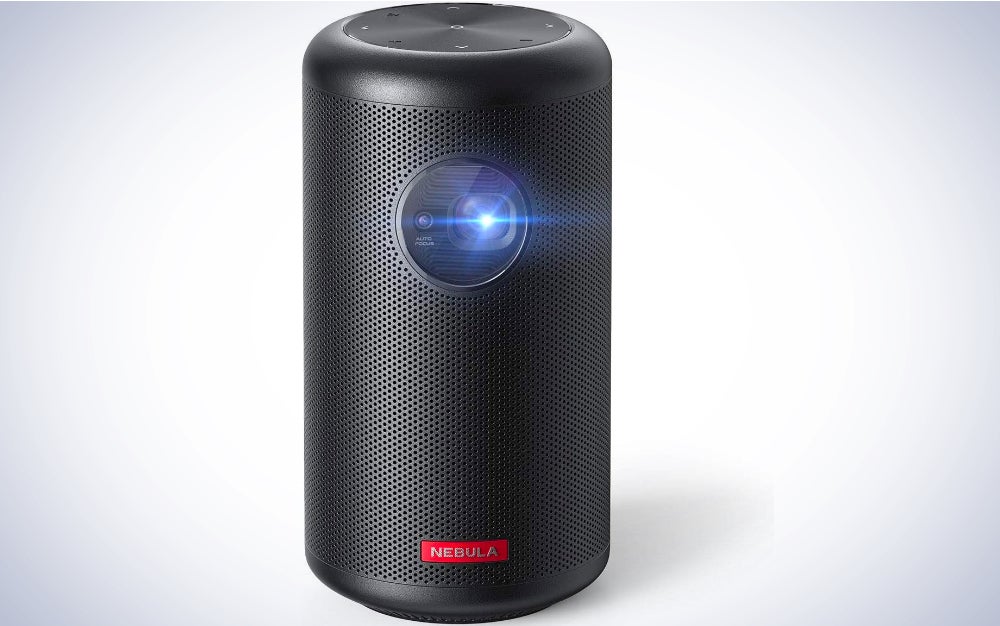
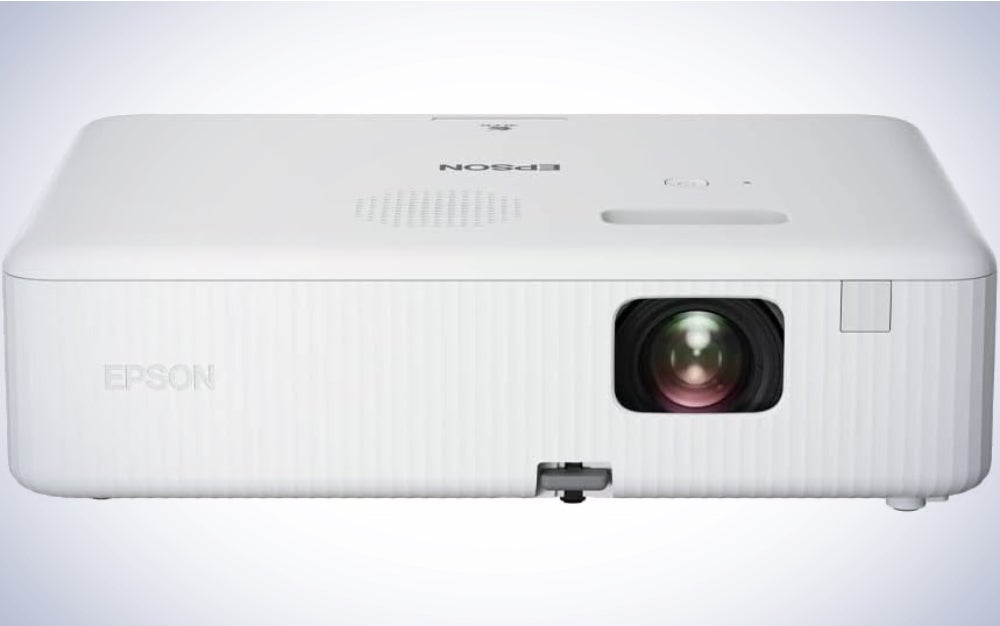
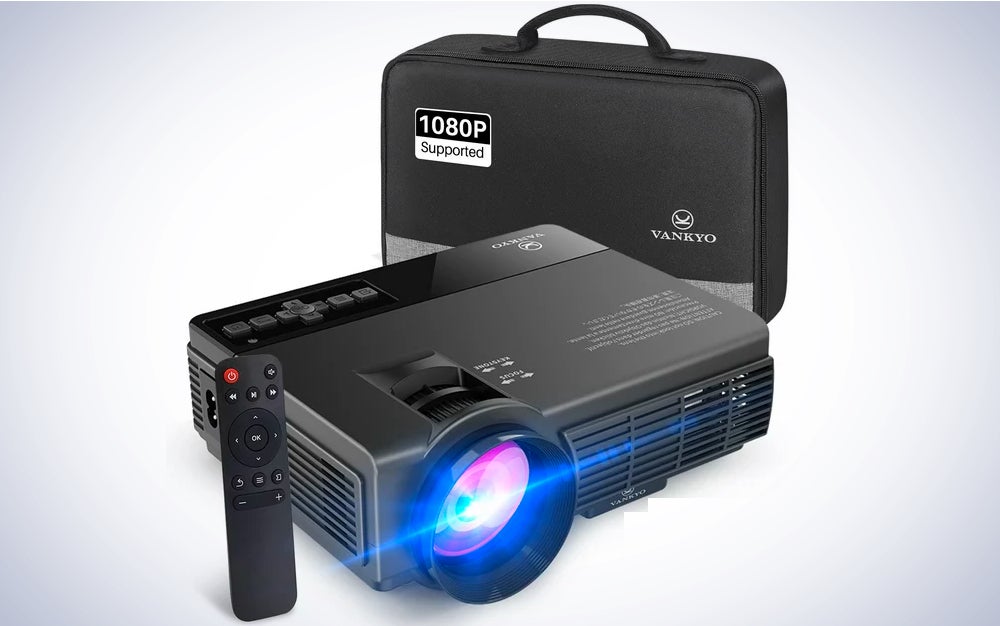
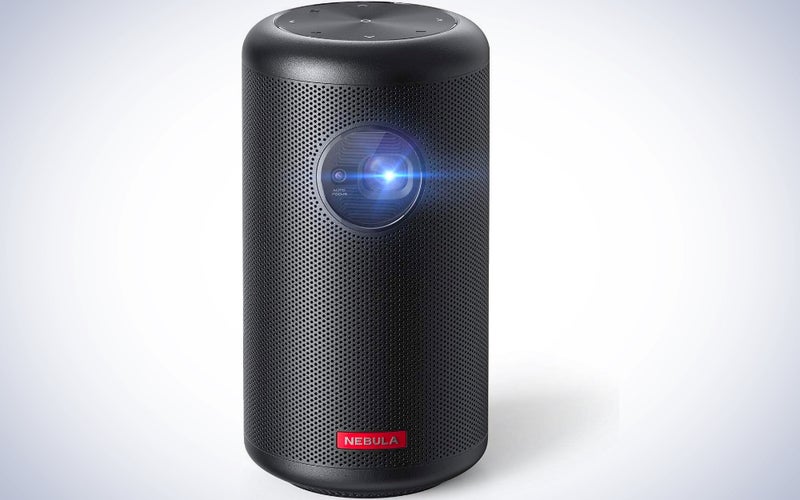
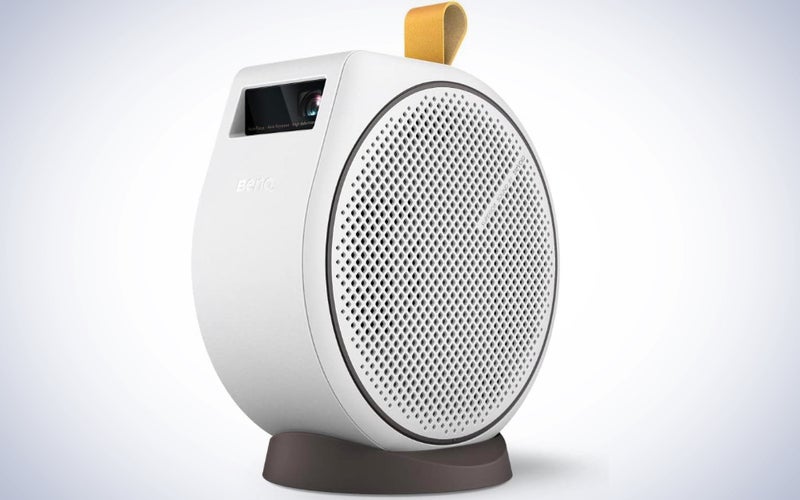
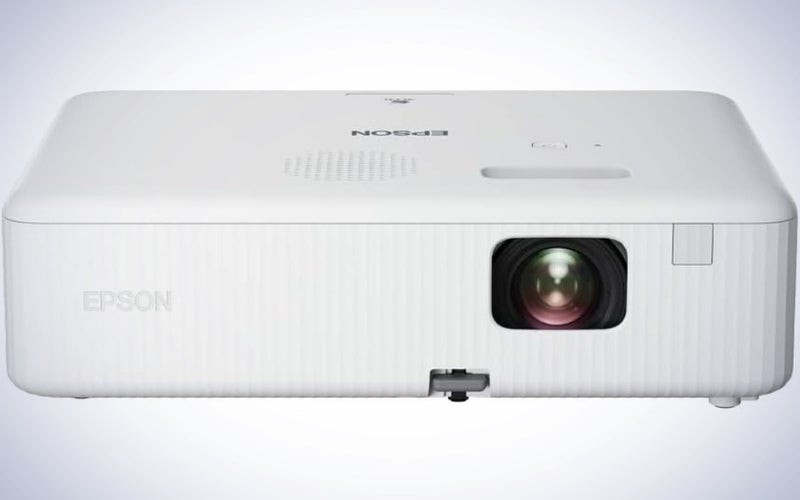
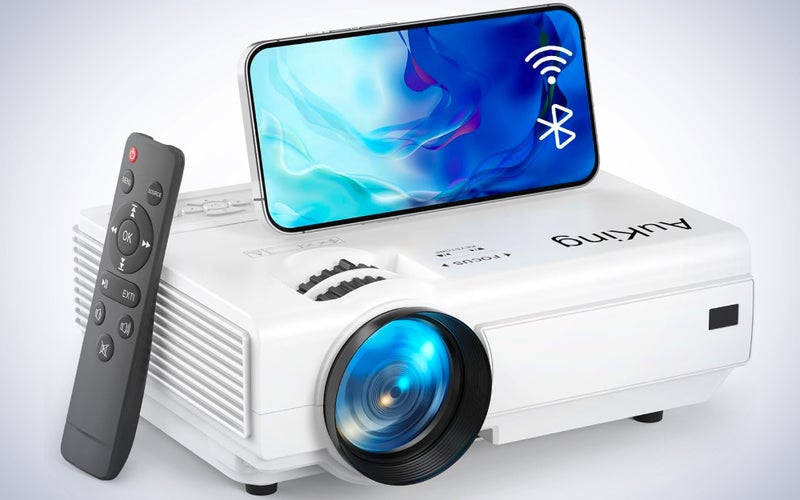




0 Comments